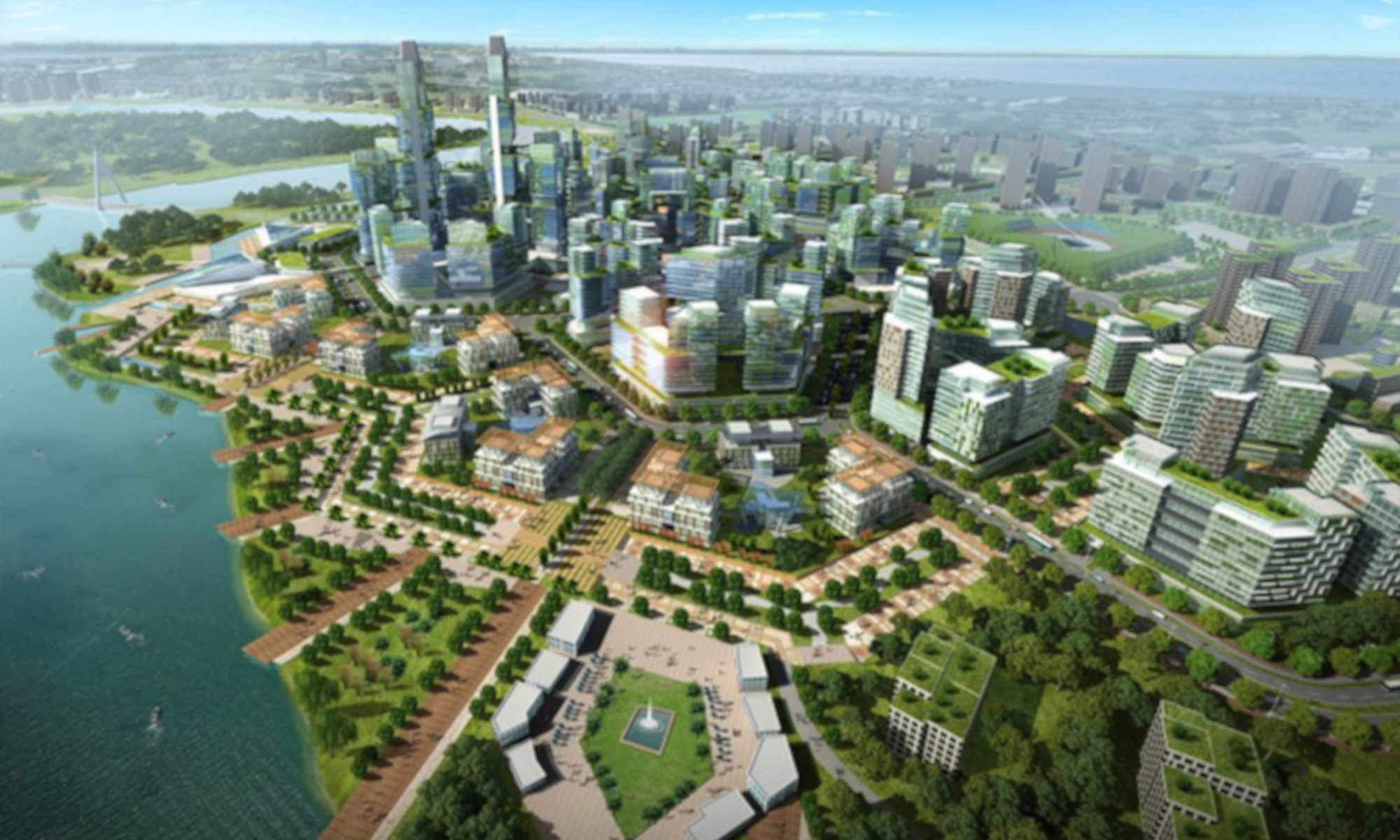The Roman Empire emerged from an era of multiple city-states in Greece, most notably Athens and Sparta, which expanded beyond their boundaries, and built spheres of influence and empires. Ancient Rome largely copied (as well as conquered) Ancient Greece in religion, culture, and imperial adventures.
The Roman economic system was mostly agrarian, though with a class of elites. The agrarian economy was largely fueled by labor from slaves. Food production was essential the more nations they conquered.
In this regard, much similarity to the American Confederacy, except for one key difference. The Roman Empire enslaved many of those they conquered. They had no focus on race or ethnicity. Bringing in slaves was simply a part of the riches of the spoils of war. The population of these slaves was as diverse as the imperial adventures of Rome in their endless conquests for empire building.
The Southern States found they could not enslave Native American tribes, and followed the example of Dutch, French, Spanish, Portuguese, British and Arab Atlantic slave traders plus some West African kingdoms as well, by capturing Blacks from the West Coast of Africa. In doing so, with whom they had never engaged in battle, and who were miles and miles away, they established a chattel class which they also came to identify as a racial grouping. They owned slaves (which is awful beyond belief), but even more so (and worse), they owned their children, too (several of whom they fathered themselves), and their children’s children (going on for generations).
Race was not always considered a biological category. There is much evidence that racism emerged to justify the enslavement and disruption of black families and individuals.
The movie, Mandingo, while not the greatest film ever made, does have a sadly gripping scene which illustrates this. The white plantation owner handles the very newborn child of a slave and refers to the child as a source of pride and profit for himself and his plantation and family, effectively stealing the child from his actual father, who painfully looks on.
This is not to say that slaves in Rome were not also treated badly; they were. Sexual exploitation of slaves was common, as were torture and execution, although as time moved on, slaves were given certain legal protections in that by the 2nd century AD slaves could complain against slaveholders for excessively cruel treatment. And slaves were, at least minimally, recognized as human beings in ways that differentiated them from other property.
At its core, Rome was a very patriarchal society. There was a single state religion, and worship took place in the home. The role of women was primarily to bear and rear children. The oldest man in a family was the head of the family. Income was made from farming (especially of grains, olives and graps), mining especially in Roman Britain, business, slave labor which included accountants and physicians, merchant trade, and taxes, which started out at reasonable rates during the Republic and early years of the 1,000+ years period of the Roman Empire, but ended up becoming burdensome and a contributing factor in the eventual downfall of Rome.
